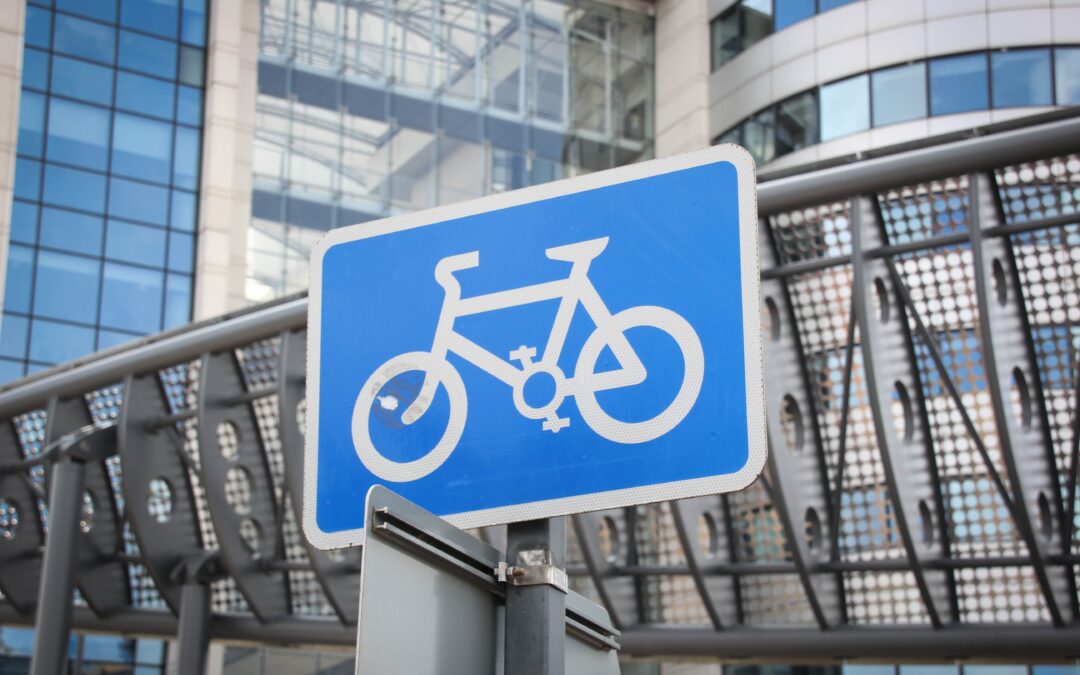
E-Bikes: The Secret Weapon for Carbon-Free Commuting?
E-Bikes: The Secret Weapon for Carbon-Free Commuting?
Imagine a world where commuting was carbon-free, supported our wellbeing and saved us money.
As well as supporting net zero, cyclists are proven to be less stressed at work, feel more energised and perform better. Cycling charity – Sustrans, discovered that cyclists have nearly half as many sick days compared to non-cyclists.
However, traditional low-carbon commuting is unattractive. Public transport is inflexible. Electric vehicles (EV’s) are expensive. Walking is limited by the distance you live from work and cycling is only for the super-fit or super-committed.
In comparison, a whopping 67.7m tonnes of CO2 is generated by Commuter car traffic in the UK every year. When you consider that the government has committed to reducing the UK’s carbon emissions by 78% in 2035, it’s clear that the daily commute needs reviewing.
Is this really the case?
eBikes are steadily becoming more popular in all age groups. Eradicating limitations like hills, long distances and effort, they’ve quickly become a phenomenon. And the increase in affordable eBike models now means that eBike ownership is realistic for everyone. What’s more, an eBike’s modest energy requirement means commuters can take control and opt out of the spiralling energy costs associated with motor vehicles.


Exploring the Pros and Cons of Commuting by eBike
As well as being more affordable than a car or public transport – no fares, parking or fuel – eBikes allow commuters to incorporate gentle exercise into their daily routine. And as any doctor will tell you, the key to good health is regular movement that fits into our lifestyles. This exercise supports better physical and mental health – this compelling survey found that 74% of people cycling to work saw an increase in physical wellbeing, while 82% of cycling commuters felt less stressed in their jobs.
Thankfully, Britain is becoming a more cyclist-friendly place with bikes increasing their popularity on our roads. Recent changes to the Highway Code now prioritise cyclists and pedestrians above motorists. And local councils, keen to support green targets, are adding cycle lanes to towns and cities every week.
Perhaps most compelling of all, cycling is fantastically predictable. Have you ever heard of a cyclist being trapped in a traffic jam, or being impacted by train strikes? That predictability means a less stressful commute and a more consistent arrival time at work – a far more positive way to start the day.
Ebike batteries – the stats …
Battery range, or the distance available from the battery causes something called ‘range anxiety’ in the world of electric cars. This actually isn’t as much of a problem as you might think with eBikes. Here’s why:
- The average UK commute is 10 miles. The average eBike mileage capability is 20 miles. This means there’s enough mileage in a typical eBike to handle a typical commute.
- A flat battery isn’t the end of the world. Unlike an electric car, you can still use your eBike to get home/to work with no batteries – you just pedal a bit harder and use it like a conventional bike.
- Forward-thinking workplaces are installing charge points for eBikes, supporting their employees with a healthier, more conscious commute.
Are eBikes the future of carbonless commuting?
In a world where climate anxiety is gathering and people are taking greater ownership over their health, eBikes offer an affordable way for people to take control of their carbon footprint and their lifestyle. Schemes such as Cycle to Work save employees up to 40% on the price of an eBike, making this option even more affordable.
Could eBikes support the future of carbonless commuting? What’s your view?
